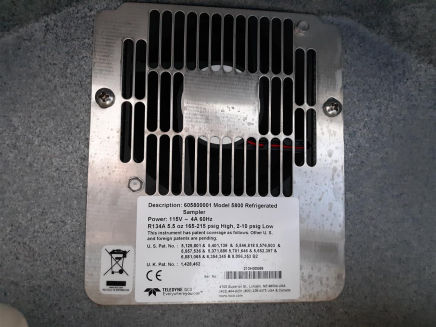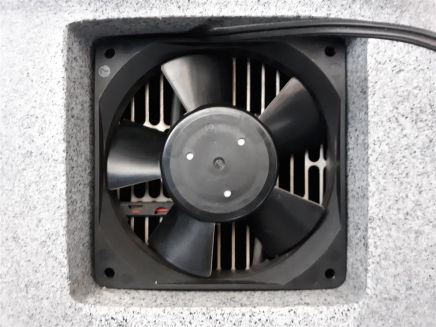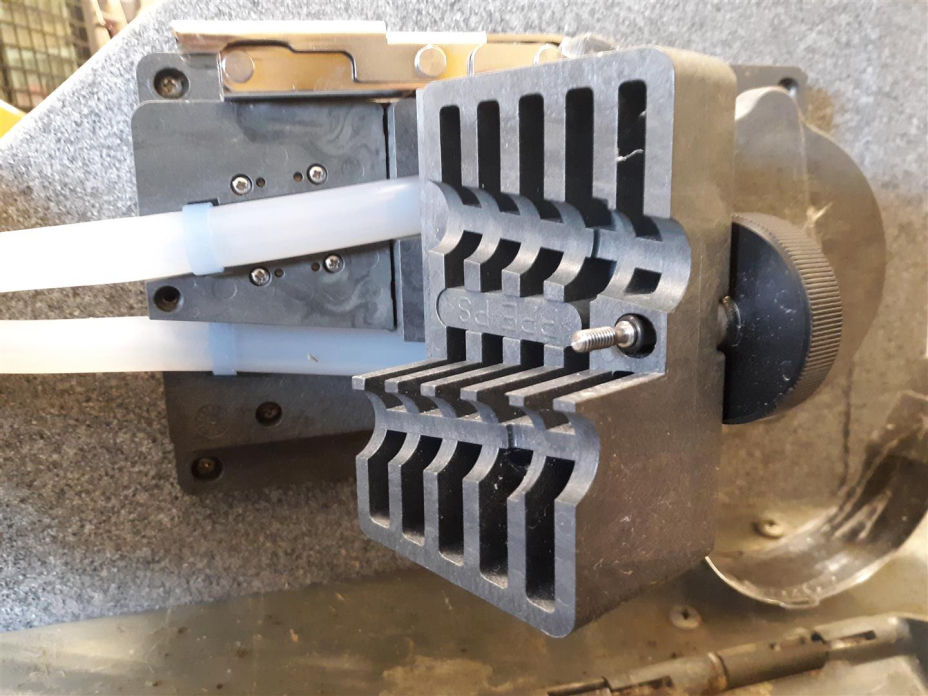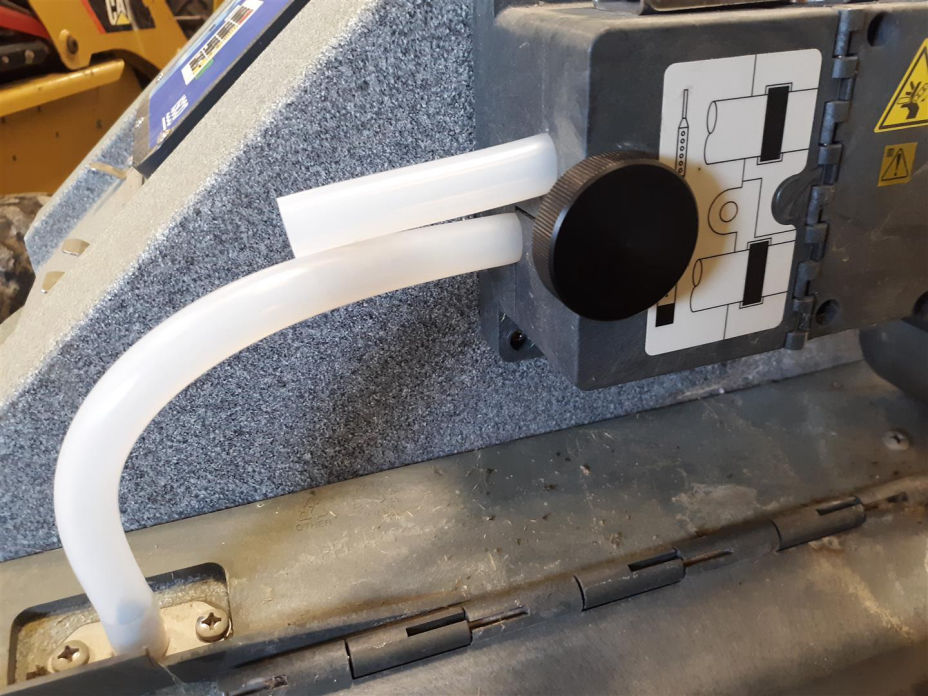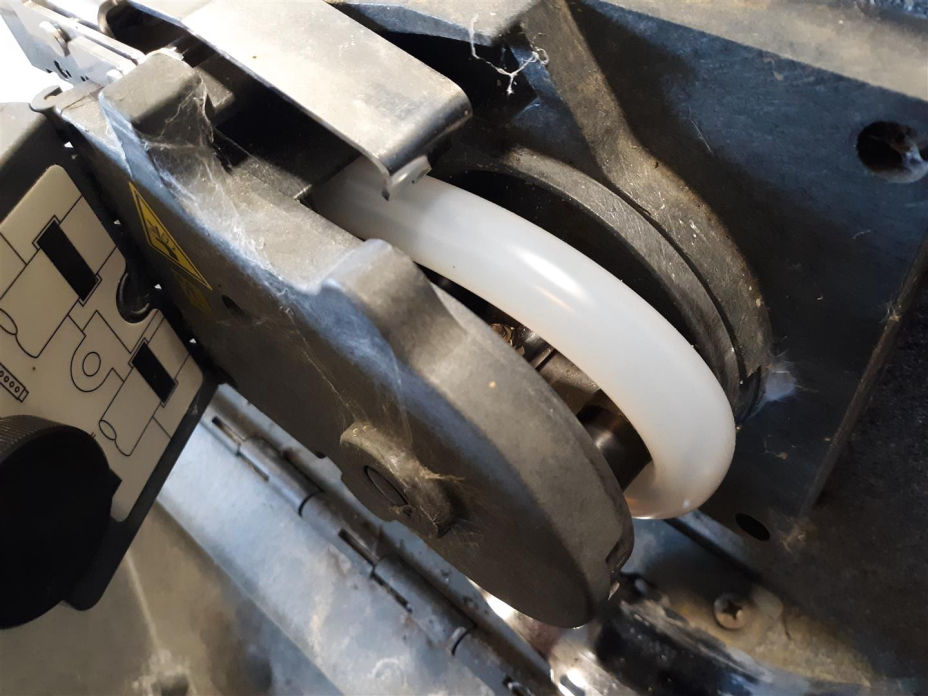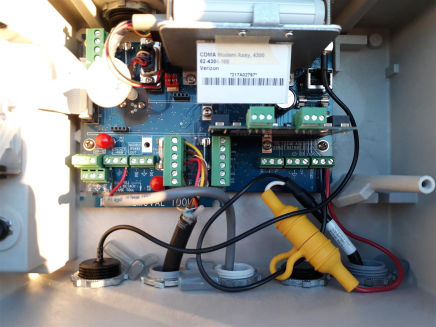
Having some preliminary information is the first step in getting ready to eliminate the issue. Planning for troubleshooting visit helps us tentatively identify faulty parts and bring them with us onsite to consequently restore your equipment back to operating condition.


